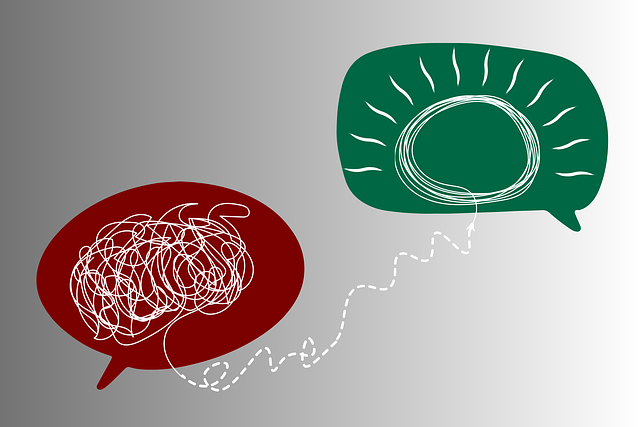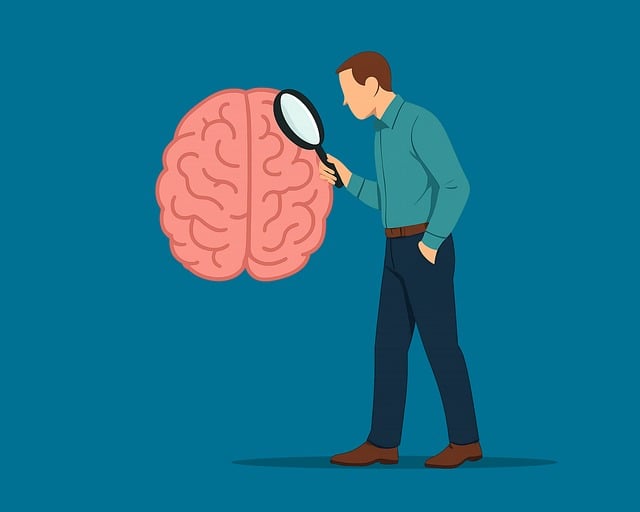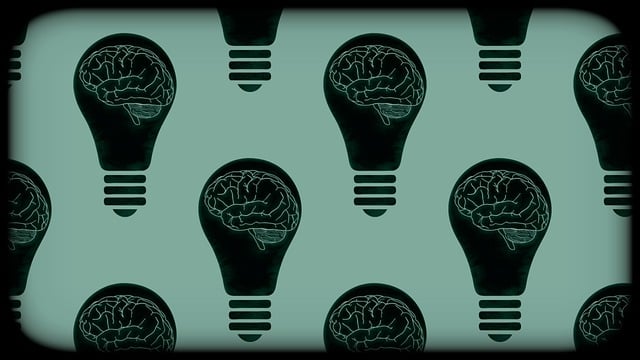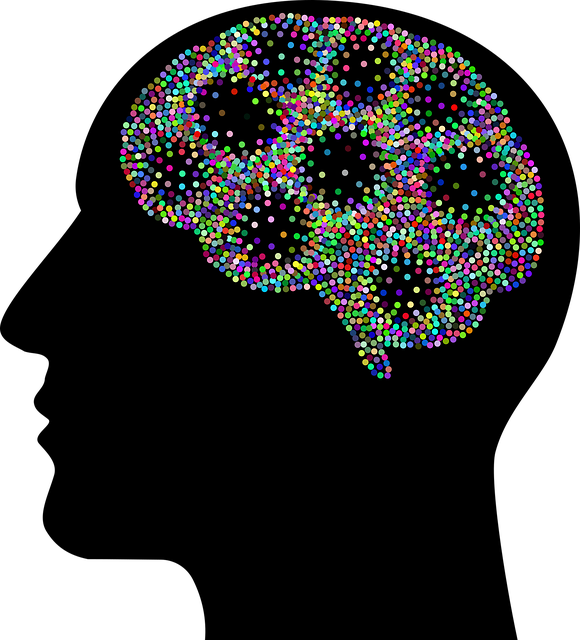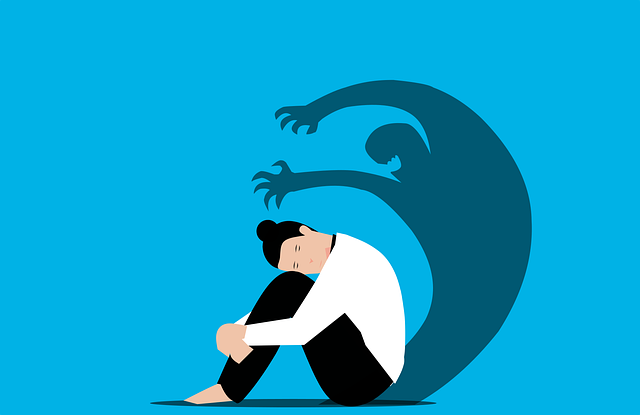Broomfield Young Adults Therapy tackles the rising stress levels among young adults through holistic approaches. They address academic pressures, career demands, and digital overload by offering personalized coping strategies, evidence-based techniques like CBT, mindfulness practices, and lifestyle changes. Their programs empower individuals—from students to healthcare workers—to manage stress, build resilience, and maintain mental well-being using Burnout Prevention for Healthcare Providers and other effective tools.
Stress is a prevalent issue among young adults, with many facing its adverse effects on mental health. This article explores comprehensive strategies for stress reduction tailored to this demographic. We delve into the root causes of stress and its impact on young adults, offering insights that underscore the importance of proactive measures. Key methods include Broomfield Young Adults Therapy’s holistic approach, Cognitive Behavioral Therapy (CBT), mindfulness practices, and lifestyle changes focusing on nutrition, exercise, and sleep.
- Understanding Stress: Its Causes and Impact on Young Adults
- Broomfield Young Adults Therapy: A Holistic Approach to Stress Reduction
- Cognitive Behavioral Therapy (CBT): A Powerful Tool for Managing Stress
- Mindfulness and Meditation Techniques for Daily Stress Relief
- Lifestyle Changes: Nutrition, Exercise, and Sleep for Better Mental Health
Understanding Stress: Its Causes and Impact on Young Adults

Stress is a prevalent issue among young adults, often stemming from academic pressures, demanding careers, and an ever-present digital landscape. Broomfield Young Adults Therapy recognizes that today’s youth face unique challenges that can lead to significant stress and, if unaddressed, potentially harmful burnout. This growing concern is not limited to students but extends to young professionals in various fields, including healthcare workers who, with their demanding schedules and emotional demands, are at a heightened risk of experiencing burnout.
Understanding the causes and impacts of stress on this demographic is crucial for implementing effective solutions. Burnout Prevention Strategies for Healthcare Providers, for instance, can be adapted for broader applications to help young adults manage stress levels. Stress Management Workshops Organization can play a pivotal role in educating individuals on recognizing triggers, developing healthy coping mechanisms, and fostering resilience. By equipping ourselves with these tools, we can empower Broomfield’s young adults to navigate the challenges of modern life while preserving their mental health and overall well-being.
Broomfield Young Adults Therapy: A Holistic Approach to Stress Reduction

Broomfield Young Adults Therapy offers a holistic approach to stress reduction, focusing on the interconnectedness of mental, physical, and emotional well-being. This method recognizes that stress often stems from complex interplay between personal experiences, social factors, and biological responses. By addressing these root causes, young adults can develop sustainable coping mechanisms tailored to their unique needs.
The therapy program integrates various evidence-based techniques, such as Compassion Cultivation Practices and Mental Health Education Programs Design, alongside Risk Management Planning for Mental Health Professionals. This comprehensive approach equips individuals with the skills to navigate stressful situations, foster resilience, and cultivate a sense of inner calm. Through supportive and non-judgmental environments, clients are empowered to unlock their emotional resources and embrace a more balanced and fulfilling life.
Cognitive Behavioral Therapy (CBT): A Powerful Tool for Managing Stress

Cognitive Behavioral Therapy (CBT) is a highly effective and evidence-based approach to managing stress and its associated challenges. This therapeutic method focuses on identifying and changing negative thought patterns and behaviors, offering individuals powerful tools to cope with demanding situations. By engaging in CBT, individuals can learn to challenge cognitive distortions that contribute to stress, anxiety, or depression, thereby fostering better mental resilience.
For young adults navigating the complexities of adulthood, CBT can be a game-changer. Broomfield Young Adults Therapy incorporates CBT techniques to empower individuals with burnout prevention strategies for healthcare providers, enhancing their ability to manage stress effectively. Moreover, this approach boosts confidence and serves as an excellent depression prevention tool, enabling young adults to lead healthier and more fulfilling lives.
Mindfulness and Meditation Techniques for Daily Stress Relief

Mindfulness and meditation have emerged as powerful tools to combat daily stressors and promote mental well-being, especially for young adults navigating life’s challenges. These ancient practices offer a modern solution in the form of Broomfield Young Adults Therapy, focusing on cultivating present-moment awareness and emotional balance. By integrating mindfulness into daily routines, individuals can enhance their ability to manage stress effectively.
Techniques such as mindful breathing exercises and meditation encourage a shift from reactive thinking to conscious observation. For instance, a simple mental wellness journaling exercise guidance can involve noting one’s breath for a few minutes each day. This practice helps individuals become more attuned to their senses and emotions, fostering a sense of calm amidst life’s pressures. In the context of risk management planning for mental health professionals, mindfulness becomes an invaluable tool to support both practitioners’ well-being and their ability to provide compassionate care, ensuring cultural sensitivity in mental healthcare practice is maintained throughout.
Lifestyle Changes: Nutrition, Exercise, and Sleep for Better Mental Health

Making lifestyle changes can significantly impact mental health, offering a holistic approach to stress reduction that Broomfield Young Adults Therapy encourages. Nutrition plays a vital role; incorporating nutrient-rich foods and staying hydrated supports brain function and overall well-being. A balanced diet can enhance mood management and resilience building, providing the body with essential tools to combat stress hormones.
Regular exercise is another powerful strategy for mental health improvement. Physical activity releases endorphins, known for their ability to reduce stress and improve overall mood. Combining regular workouts with adequate sleep strengthens these benefits, allowing individuals to achieve a harmonious mind-body state. Quality sleep is crucial for resilience building; it allows the body to rest, repair, and rejuvenate, thereby improving one’s capacity to handle stressful situations.
In conclusion, managing stress is a multifaceted journey that requires a holistic approach. By understanding the causes and impacts of stress on young adults, we can effectively utilize tools such as Broomfield Young Adults Therapy, Cognitive Behavioral Therapy (CBT), mindfulness practices, and lifestyle modifications like nutrition, exercise, and sleep to create lasting positive change. Integrating these stress reduction methods into daily routines empowers individuals to navigate life’s challenges with resilience and improved mental health.
